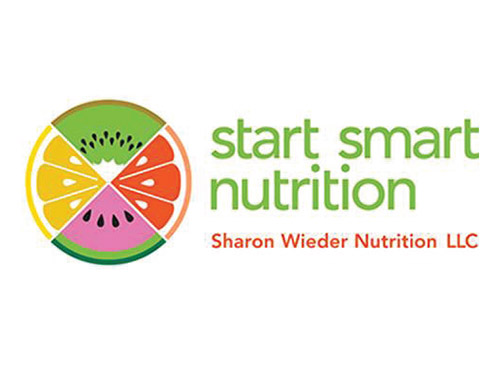
We have just completed the holiday of Pesach, the highlight of which is the Seder. A 2016 USA Today article reported that up to 70 percent of all American Jews take part in a Seder. What makes the Seder so special? While the evening’s unique foods and songs hint at the answers, there is a more fundamental reason that we look forward to this incredible night.
The Seder is the ultimate “family meal” – a gathering with no distractions. We even have a “playbook” – the Haggadah – which encourages multi-generational communication. Indeed, the main purpose of the Seder is “V’higadetah L’bincha” – “And you should tell your children.” The younger generations come to the table with so much to say, while the adults also spend much time preparing their own Divrei Torah to share. The Seder is filled with thought-provoking teasers whose sole purpose is to encourage children and adults alike to ask questions, listen and suggest answers. The “script” is the same year after year, yet we seem to come up with new ideas, thoughts and interpretations.
The author of the Haggadah knew what he was doing. Studies have shown that sharing a meal as a family can lead to positive outcomes for children and teens. Some of the physical, mental and emotional benefits include better academic performance, lower rates of obesity and a greater sense of resilience. Researchers have discovered that teens and young adults who eat dinner with their parents more often, have diets that include more fruits and vegetables and less sugary drinks and fast food.
While Shabbat and holidays can also provide the opportunity to share meals with family and friends, how do we translate the magic of these special times to weekday schedules which are more difficult to coordinate in today’s hectic world? Designating one or two weekday “together” meals with as few distractions as possible is a good place to start. The meal need not last a long time. It can be leftovers or a creation made in the Instant Pot or slow cooker (no maror or charoset necessary). Cooking and freezing foods ahead of time and using pre-cut or frozen (yes frozen!) vegetables are time savers. Include kids and teens in age appropriate roles in meal planning, prep and cleanup. These are just some of the ways to encourage and simplify weekday communal meals.
At the Seder, we learn that sitting down together and focusing on one another are powerful and effective ways to reach the next generation and to stay connected to one’s family and mesorah. We encourage questions and try to engage all children in the conversation. It is a night where we do our best to be focused on the present and what that means for our future, something that has become increasingly challenging in our fast paced and complex lives. Wishing everyone the opportunity to continue the excitement, conversations and connections made during this year’s Pesach.
By Sharon Wieder, RDN
Sharon Wieder is a Registered Dietitian Nutritionist in private practice. Using a family focused approach, she specializes in nutrition and wellness for children and teens. Sharon can be reached at 201.314.8545 or [email protected].










